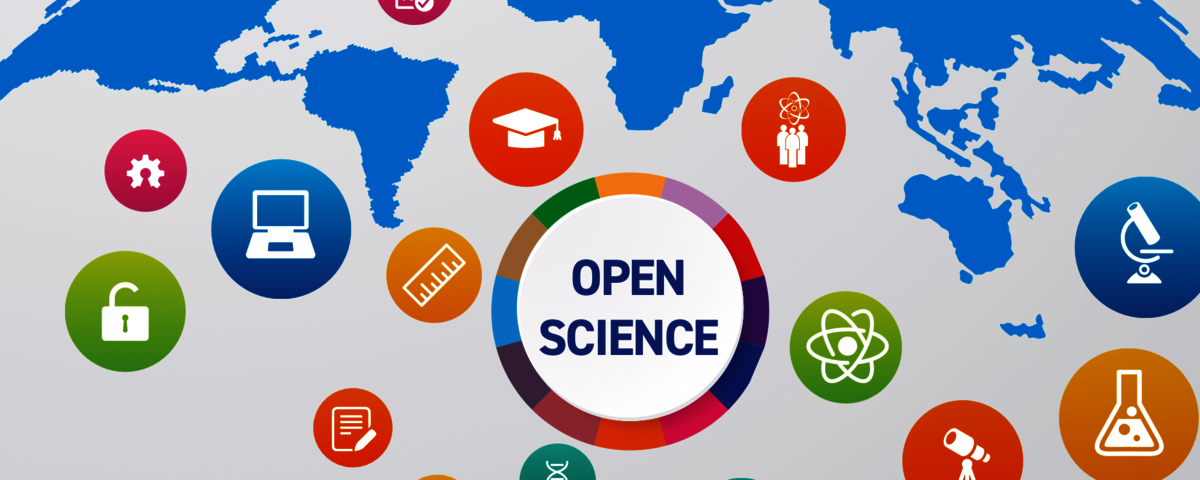Open Science aims to open up the scientific research process and its results within the sciences and towards society. The concept emphasizes the diversity of knowledge systems and knowledge practices and the need for dialogue between them. This openness involves an active collaboration with different social sectors and a stronger commitment to the problems that are socially relevant. Due to their epistemological characteristics, their relationships with the subjects studied, and their methods of inquiry, the Social Sciences and Humanities (SSH) pose specific challenges when it comes to open research data and citizen science. The indiscriminate opening of research data can affect people's privacy or endanger subaltern communities.
The project looks at the challenges faced by individual researchers and scientific institutions in Argentina and Germany in the context of the open science approach from a comparative perspective. The project partner in Argentina is the Institute of Human and Environmental Sciences (INCIHUSA) of the National Science Council (CONICET) in Mendoza. The empirical research in Argentina focuses on CONICET, in Germany on the universities of the Berlin University Alliance. First, the legal framework for Open Science as well as the regulations on transparency and the handling of personal data at national and regional level (European Union, Mercosur) are analyzed and compared. In a second step, the available infrastructures and repositories for Open Science are recorded. In a third step, the experiences of scientists from three disciplines (political science, sociology, cultural and social anthropology) with the sharing of their research data and research results will be analyzed.
Principal investigator (PI) of the German team is Peter Birle (IAI). PI of the Argentinian team is Fernanda Beigel (INCIHUSA/Conicet). Other members of the German project team are Barbara Göbel, Clara Ruvituso and Carolina Santarossa as well as Stefan Skupien and Sarah Wessel (both Berlin University Alliance).
